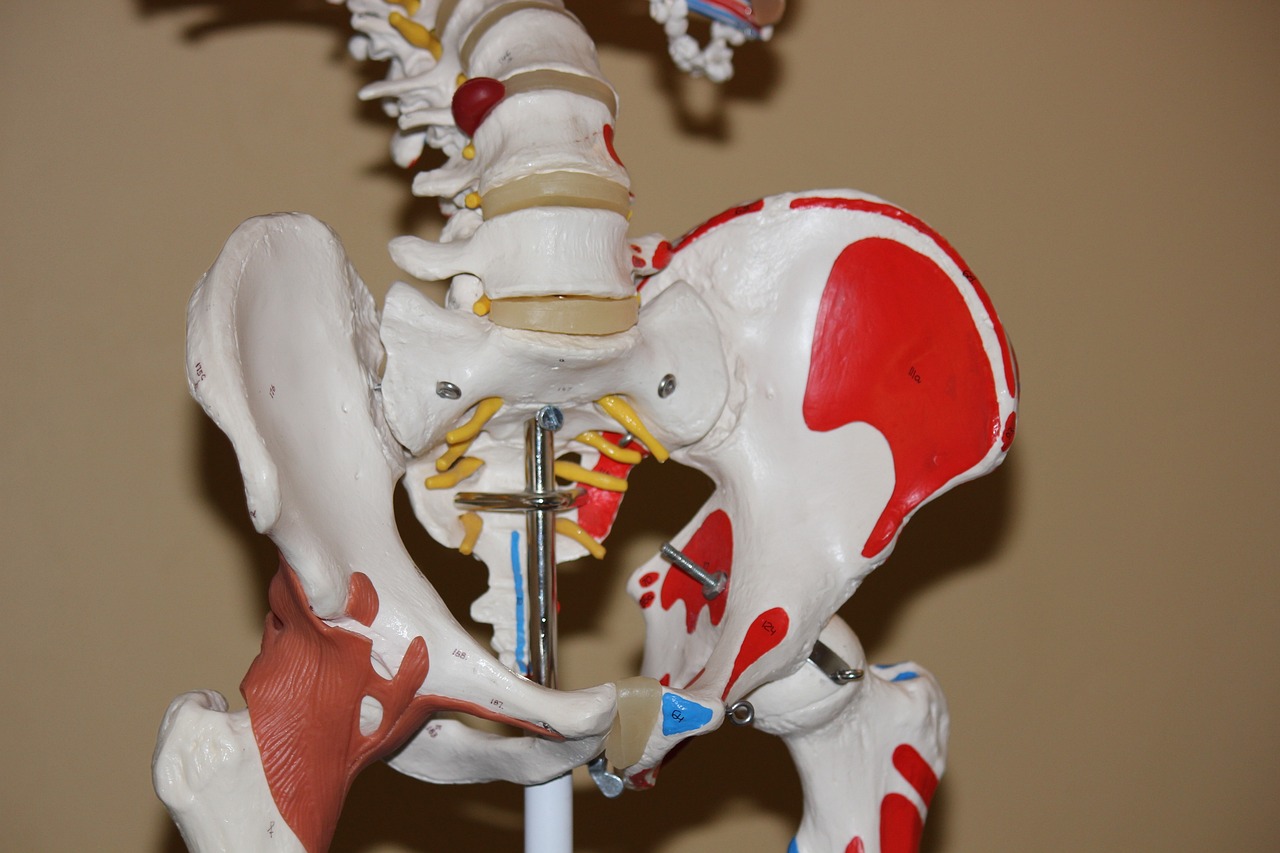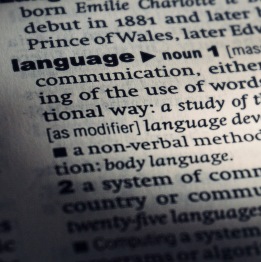The University’s Texas Strategic Partnership emerged from research relationships developed through the Government sponsored Texas-UK Collaborative, and research collaborations remain at the heart of the partnership.
Fostered and supported by dedicated funding and an intensive programme of researcher interactions, these collaborations bring together world-leading academics whose research synergies and complementary expertise have combined to deliver new research projects, joint grant applications, new academic networks, joint conferences and conference papers and co-authored journal submissions on both sides of the Atlantic.
Read some of our research case studies below or download our Texas Strategic Partnership Brochure
At a Glance
- 404 joint publications since 2011
- Over 52,000 citations
- Research collaborations across all Faculties
- Collaborations in Biosciences, Business, Computer Science, Economics, Engineering, English, Health Science, Heritage Languages, History, Law, Life Sciences, Medicine, Physics, Politics, Social Work
Researchers from Swansea University and Houston Methodist Research Institute have developed an antibiotic-infused, biocompatible coating for vascular grafts which could help to prevent infections during surgery.
An ageing population means an increase in vascular surgeries (such as angioplasty, heart bypasses, and stenting), but health issues such as diabetes and hypertension increase the risk of complications such as vascular graft infections. Read more.
Researchers from Swansea University, the University of Texas at Austin and other global institutions have explored the strategies that people employ in order to become more desirable as mates in different cultural settings.
The researchers sampled participants from 14 different countries and identified ten different strategies that people employ to become more appealing, including “Enhance looks”, “Show off abilities and talents”, and “Demonstrate similarity”. Females were found to use the “Enhance looks” strategy more than males, and the latter focused instead on the “Increase income and social status” and the “Show off and exaggerate wealth and abilities” strategies. Read more.
People undergoing kidney dialysis are seven times more likely to require total hip replacement and researchers from Swansea University, the University of Texas Medical Branch at Galveston and other institutions have explored whether there are significant differences in morbidity and mortality rates between dialysed and non-dialysed patients.
They found that dialysed patients experienced greater blood loss, longer hospital stays and higher mortality rates, and that these should be considered preoperatively during risk–benefit assessments for surgery. Read more.
Research by Dr Andrew Thomas from the Department of Psychology with colleagues from the University of Texas at Austin and elsewhere explored misperceptions and misrepresentations of Incels (Involuntary Celibates).
Many incels engage in misogynistic online hostility, and although there are concerns about violence stemming from this community, they have been the focus of little scientific research. The researchers compared a sample of self-identified male incels with non-incel single males and found that incels have a lower sense of self-perceived ‘mate-value’. However, both groups significantly overestimated the importance of physical attractiveness and financial prospects to women, and underestimated the importance of intelligence, kindness, and humour. Read more.
Research by Prof Yogesh Dwivedi and Laurie Hughes from Swansea University’s School of Management with colleagues from Texas A&M University and elsewhere has considered how the metaverse will shape the future of consumer research and practice.
Drawing on insights from expert contributors, their study examines the marketing implications of the hypothetical widespread adoption of the metaverse, identifies new research directions and proposes a new framework offering valuable contributions for academia, practice, and policy makers. Read more.
Research by Prof Dominic Reeve and Dr Antonios Valsimdis from the College of Engineering and colleagues from Texas A&M University has explored the response of the Galveston shoreline to Hurricane Ike in 2008.
Hurricane Ike caused extensive erosion and loss of material from the beach, but field measurements complied by the team indicate patterns of recovery. Using statistical and mathematical modelling, their research concludes that that distinct sandbanks lying offshore of Galveston Island that were formed during the passage of Hurricane Ike are gradually being fed back to the beach by the prevailing wave conditions. Read more.
Research by Dr Katie Preece from Swansea’s Department of Geography together with colleagues from the University of Houston and elsewhere examines the palaeoenvironments in which the occupation of the southern Caucasus by early humans took place.
The Hrazdan river valley in the Armenian Highlands offer exciting potential for palaeoenvironmental reconstruction and the team’s research, published in the Journal of Quaternary Science, present the first results of sedimentological, geochemical, tephrostratigraphical and biological study of the sequence of a site known as Bird Farm 1.
A meta-analysis by Dr Kelly Mackintosh from Swansea's Department Sport and Exercise Science and colleagues from Texas A&M University and elsewhere is due for publication in the Journal of Sport and Health Science.
The collaboration, which reviewed 57 previous studies, aimed to establish the effectiveness of school-based interventions in increasing physical activity and/or reducing sedentary time amongst children. The researchers found no evidence that interventions had an effect on the amount of time that children spent on moderate-to-vigorous physical activity - findings which have important implications for future research.
An Erasmus+ travel grant supported Dr Grazia Todeschini from the College of Engineering to develop a collaboration at UT Austin. Building on shared interests in photovoltaic accommodation limits on distribution feeders, control algorithms for distributed energy resource management systems and voltage regulation algorithms, the research examines different methods to limit power quality disturbances in electrical systems.
Two papers based on this work were presented at the 2018 General Meeting of the Institute of Electrical and Electronic Engineers (IEEE) Power and Energy Society, and four further papers have been published in the IEEE Transactions and IET journals.
Dr Eoin Price from English Literature and Creative Writing was awarded a Texas Collaboration Funding Award to develop a research collaboration with colleagues at Texas A&M University. He was able to engage with book history experts, participate in a book history workshop, and deliver a paper on reprints and revivals which has been solicited for publication in a forthcoming special issue of the journal Shakespeare Bulletin.
Following his visit, Dr Price was awarded a Research Fellowship at UT Austin’s Harry Ransom Center which allowed him to undertake research in its Performing Arts archive for his next project, Early Modern Drama and the Jacobean Aesthetic.
The results of ongoing research between Computer Scientists at Swansea University and the University of Houston have been published in the journal IEEE Transactions on Visualization and Computer Graphics. The paper, authored by Swansea’s Dr Bob Laramee and colleagues from the University of Houston, focuses on the linear correlation and non-linear dependency of different physical attributes of unsteady flows to aid their study from a new perspective.
Dr Laramee's collaboration with the University of Houston's Dr Guoning Chen dates back to 2009 and, together with colleagues, they have published eleven journal papers and two book chapters, and have presented eight joint conference papers.
The global interrelationship between oil prices, financial liquidity and geopolitical risk is the focus of a research collaboration between the School of Management's Dr Hany Abdel-Latif and Prof Mahmoud El-Gamal from Rice University.
Their research, published in Applied Economics Letters and the Economic Research Forum, is the first to consider all three global variables simultaneously and concludes that a significant fall in oil prices would increase geopolitical risk and reduce global financial liquidity, whilst an increase in geopolitical risk would lead to rising oil prices - a cycle that was observed during the first Iraq War.
Oil Prices & Financial Liquidity
Part of a global energy safety network with strong links to Texas, Swansea University’s Energy Safety Research Institute (ESRI) has a number of active collaborations with Texas partner institutions.
This includes an ongoing project with Texas A&M University on the physical modification of ultraconductive copper-carbon nanotubes, and a collaboration with Rice University and GE (New York) on a project to create highly conductive cables comprised of copper and carbon nanotubes. The latter research, which is funded by the Office of Naval Research (ONR), has resulted in two patent applications and seven peer reviewed publications to date.
Prof Tudur Hallam Academi Hywel Teifi was awarded a Fulbright Scholarship to allow him to spend seven months at the University of Houston working on a project exploring the ways in which minority languages, cultures and literatures are suppressed and revitalised.
Working with the University of Houston’s Professor Nicolas Kanellos, his research explored the similarities between the Welsh/English dynamic in Wales and the Spanish/English dynamic in Texas, as well as the similarities between Prof Kanellos’ work in recovering the US Hispanic Literary heritage and that of Welsh scholars such as Swansea University’s Saunders Lewis.
Prof Paul Rees and Prof Huw Summers from the Multidisciplinary Nanotechnology Centre are working with colleagues in the Texas Medical Center on the development of innovative new techniques for treating cancer tumors.
Their extensive research network encompasses world-leading nanomedicine and bioengineering researchers from both Houston Methodist Research Institute (HMRI) and Baylor College of Medicine, with whom they have co-authored over ten research papers.
The collaboration with HMRI is investigating the use of nanoparticles to deliver therapeutic drugs specifically to tumour sites which could significantly minimise drug side effects.
Recent Publications
- Designing a Curriculum Based on Four Purposes: Let Mathematics Speak for Itself - with Texas A&M University
- Probing the Frequency-Dependent Elastic Moduli of Lattice Materials - with University of Texas at Austin
- Concentrations of Bile Acid Precursors in Cerebrospinal Fluid of Alzheimer's Disease Patients - with University of Houston
- Impact on Property Values of Distance to Parks and Open Spaces: An update of U.S. studies in the New Millennium - with Texas A&M University
Recent Publications
- Microwave Treatment of a Hot Mill Sludge from the Steel Industry: En Route to Recycling an Industrial Waste - with Rice University
- Sensing Temperature in Vitro and in Cells Using a BODIPY Molecular Probe - with Baylor College of Medicine
- Understanding Software Engineers’ Skill Development in Software Development - with Texas A&M University
- Nanotechnology and Immunotherapy in Ovarian Cancer: Tracing New Landscapes - with Houston Methodist Research Institute
Follow us on Social Media















